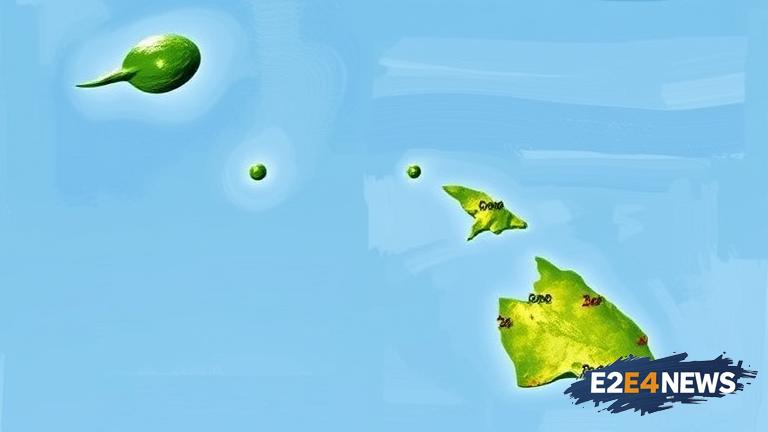The island of Guam is exploring ways to revitalize its economy, and one proposal that has gained attention is the implementation of a tiered business privilege tax system. This system would categorize businesses based on their annual revenue and impose a corresponding tax rate. The goal is to reduce the tax burden on small businesses and startups, allowing them to allocate more resources to growth and development. By doing so, the government hopes to stimulate economic activity, create jobs, and increase tax revenue in the long run. The current business privilege tax rate in Guam is 5%, which can be a significant burden for small businesses and startups that are struggling to stay afloat. A tiered system would provide a more nuanced approach to taxation, taking into account the varying levels of revenue generated by different businesses. For example, businesses with annual revenues of less than $100,000 could be taxed at a rate of 2%, while those with revenues between $100,000 and $500,000 could be taxed at 3%. This would allow small businesses to retain more of their earnings and invest in expansion and job creation. On the other hand, larger businesses with annual revenues exceeding $1 million could be taxed at the current rate of 5%. This would ensure that these businesses continue to contribute to the island’s tax base while also providing a more equitable tax structure. The proposed tiered system has been met with support from the business community, which sees it as a way to level the playing field and promote economic growth. However, some have expressed concerns that the system could be complex to administer and may lead to tax avoidance schemes. To address these concerns, the government could establish clear guidelines and regulations for the tiered system, as well as provide incentives for businesses to comply. Additionally, the government could consider implementing a tax amnesty program to encourage businesses to come into compliance with the new system. The implementation of a tiered business privilege tax system would require careful planning and coordination between government agencies, the business community, and other stakeholders. It would also require a thorough analysis of the potential impact on the island’s economy and tax revenue. Nevertheless, the potential benefits of such a system make it an idea worth exploring. By providing a more equitable and nuanced approach to taxation, Guam can create a more favorable business environment that encourages growth, innovation, and job creation. This, in turn, could help to diversify the island’s economy and reduce its reliance on a single industry. Furthermore, a tiered system could help to attract new businesses to the island, particularly in the technology and manufacturing sectors. These industries are critical to the island’s economic future, and a more competitive tax structure could help to make Guam a more attractive location for investment. In conclusion, the proposed tiered business privilege tax system has the potential to be a game-changer for Guam’s economy. By reducing the tax burden on small businesses and startups, the government can create a more favorable business environment that encourages growth and job creation. While there are challenges to be addressed, the potential benefits of such a system make it an idea worth exploring. With careful planning and coordination, Guam can create a more equitable and competitive tax structure that promotes economic growth and prosperity for all.
